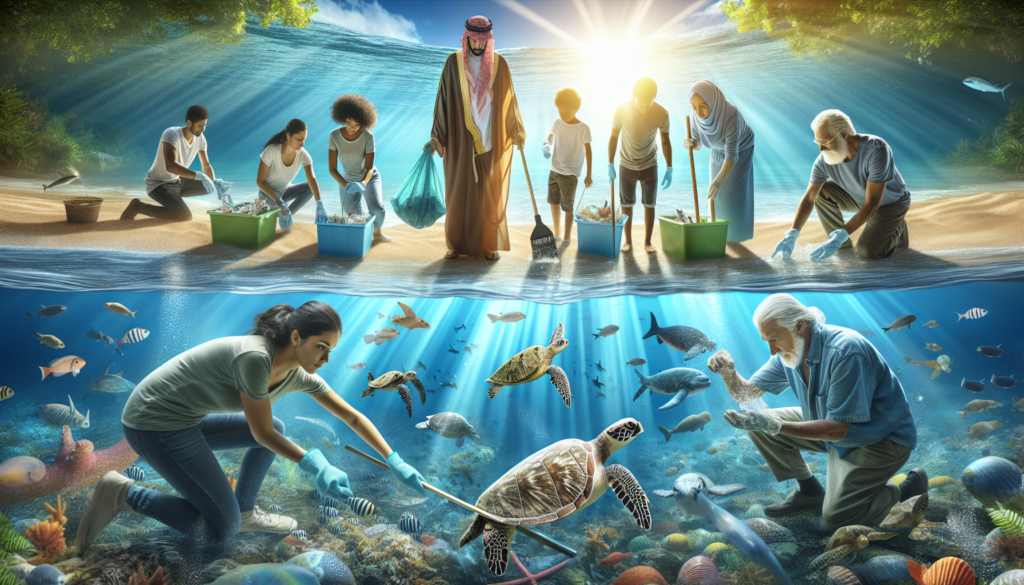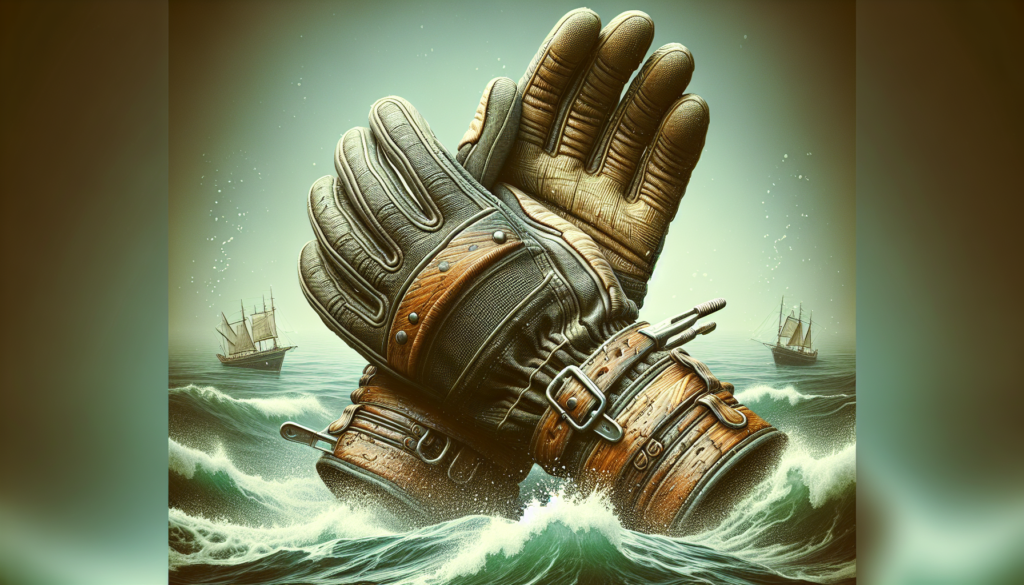Marine Conservation Tips: Preserving Our Oceans for Future Generations
Our oceans are teeming with life, providing us with food, oxygen, and regulating our climate. However, marine ecosystems are under threat from a variety of human activities, including overfishing, plastic pollution, and climate change. As stewards of the environment, it is our responsibility to protect and preserve these vital habitats for future generations. In this article, we will explore marine conservation tips that can help safeguard our oceans and the incredible biodiversity they support.
The Importance of Marine Conservation
Marine conservation is crucial for maintaining the health of our oceans and ensuring the sustainability of fisheries and other marine resources. Healthy marine ecosystems support a wide variety of species, from tiny plankton to massive whales, and play a key role in regulating the Earth’s climate. By protecting marine habitats and reducing human impacts, we can help preserve biodiversity, support local economies, and mitigate the effects of climate change.
Reduce Plastic Pollution
Plastic pollution is a major threat to marine life, with millions of tons of plastic entering the oceans every year. To reduce plastic pollution, we can take simple steps such as reducing the use of single-use plastics, recycling properly, and participating in beach clean-up efforts. By reducing our plastic consumption and properly disposing of waste, we can help prevent plastic from entering the marine environment and harming marine animals.
Support Sustainable Fisheries
Overfishing is a significant threat to marine ecosystems, leading to the depletion of fish stocks and the collapse of fisheries. To support sustainable fisheries, we can choose seafood that is certified by organizations such as the Marine Stewardship Council (MSC), which ensures that fish are caught using sustainable methods. By making informed choices about the seafood we consume, we can help protect marine species and promote the long-term health of fisheries.
Protect Marine Habitats
Marine habitats such as coral reefs, mangroves, and seagrass beds are essential for the health of marine ecosystems, providing food, shelter, and breeding grounds for a wide variety of species. To protect marine habitats, we can support marine protected areas (MPAs), which are designated areas where human activities are regulated to conserve biodiversity. By advocating for the creation of MPAs and supporting their management, we can help safeguard critical marine habitats for future generations.
Combat Climate Change
Climate change is one of the greatest threats facing marine ecosystems, leading to rising sea temperatures, ocean acidification, and more frequent extreme weather events. To combat climate change, we can reduce our carbon footprint by using energy-efficient appliances, driving less, and supporting renewable energy sources. By taking action to reduce our greenhouse gas emissions, we can help mitigate the impacts of climate change on marine ecosystems and support their resilience in the face of a changing climate.
Engage in Citizen Science
Citizen science programs provide opportunities for people to get involved in marine conservation efforts by collecting data, monitoring marine species, and participating in research projects. By volunteering for citizen science initiatives such as reef monitoring, beach clean-ups, and marine mammal surveys, we can contribute valuable information to scientists and policymakers, helping to inform conservation decisions and protect marine ecosystems.
Advocate for Policy Change
Policy change is essential for addressing the root causes of marine conservation challenges, such as overfishing, habitat destruction, and pollution. By advocating for strong environmental regulations, supporting marine conservation organizations, and engaging with policymakers, we can help shape policies that protect marine ecosystems and promote sustainable management of marine resources. By raising our voices and advocating for change, we can make a difference in the fight to conserve our oceans.
Conclusion
To wrap things up, marine conservation is a critical issue that requires action at both the individual and collective levels. By reducing plastic pollution, supporting sustainable fisheries, protecting marine habitats, combating climate change, engaging in citizen science, and advocating for policy change, we can all play a role in preserving our oceans for future generations. Together, we can make a difference and ensure that our marine ecosystems thrive for years to come.
Remember, the health of our oceans is in our hands. Let’s take steps today to protect and conserve these precious ecosystems for the benefit of all life on Earth.



